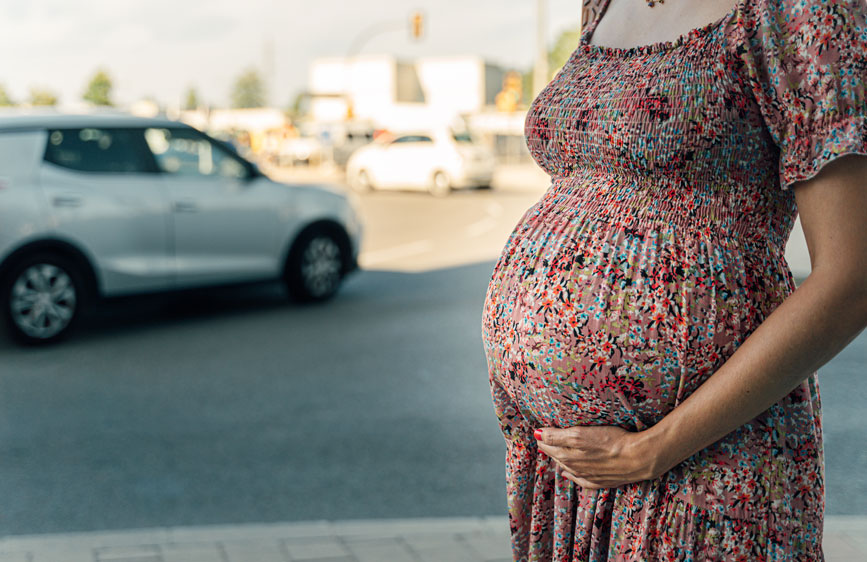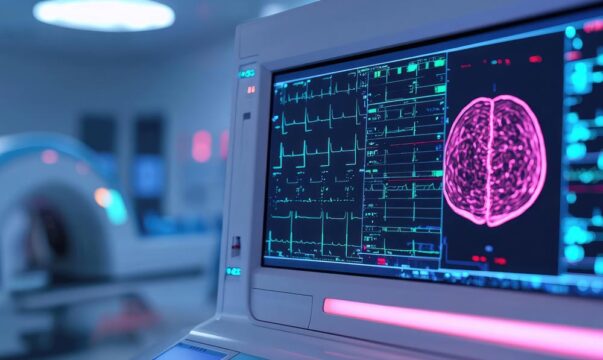Advertisment
Exposure to air pollution during pregnancy damages babies

The cells of babies exposed to air pollution while in the womb show damage which may put them at risk of ill-health later in life, according to research by Swiss scientists. Pollution caused by vehicle emissions, tyre and brake wear, and smoke can cause detectible changes in proteins that affect cells processes such as autophagy – the ‘self-eating’ of damaged cells that normally occurs in response to stress.
Dr Olga Gorlanova, a research physician at the University Children’s Hospital, University of Basel, said earlier work by her team had shown that exposure to air pollution during pregnancy could affect lung function and the immune system in new-borns. In the current study, they looked at how pollution affects proteins involved in autophagy, ageing and cell remodelling.
The researchers measured 11 proteins found in the cord blood of 449 healthy new-born babies from the Bern Basel Infant Lung Development (BILD) cohort study which has collected data since 1999. The BILD study is investigating the effects of genetics and the environment on lung development in babies and children.
Dr Gorlanova and colleagues measured the mothers’ exposure to nitrogen dioxide (NO2) and tiny particles called PM10, which are particulate matter measuring 10 microns or less in diameter. Vehicle emissions, tyre and brake wear, and smoke are some of the sources of these pollutants. They found that NO2 and PM10 were both linked to changes in proteins involved in autophagy. Exposure to NO2 was linked to a decrease in the activity of the proteins SIRT1 and IL-8, and an increase in levels of the Beclin-1 protein.
‘Our results indicate that NO2, a pollutant formed mainly from traffic emissions, is associated with increased levels of Beclin-1 protein, which is central to initiating autophagy. Exposure to higher NO2 was also linked to decreased levels of SIRT1, which is a protein that plays a protective role in stress resistance, inflammation and aging. IL-8 is a protein active in certain inflammatory cells,’ said Dr Gorlanova.
‘Our work adds to the growing body of evidence that autophagy-related mechanisms may be involved in how human cells react to air pollution.’
Professor Marielle Pijnenburg of the Erasmus Medical Center, Rotterdam, said the study adds to the growing body of evidence that air pollution can affect the health of children before and after they are born.
‘It contributes to other research showing that autophagy-related mechanisms may be involved in how human cells react to air pollution,’ said Prof Pijnenburg, who was not involved in the study. ‘We need to know more about how these mechanisms can affect the health of lungs, and we need to understand why some new-borns seem to be more susceptible to air pollution than others.’
‘However, we already have enough evidence from this and other studies, to be sending a message loud and clear to governments and policymakers: air pollution damages people’s health, and the effects can be seen from before birth.’





